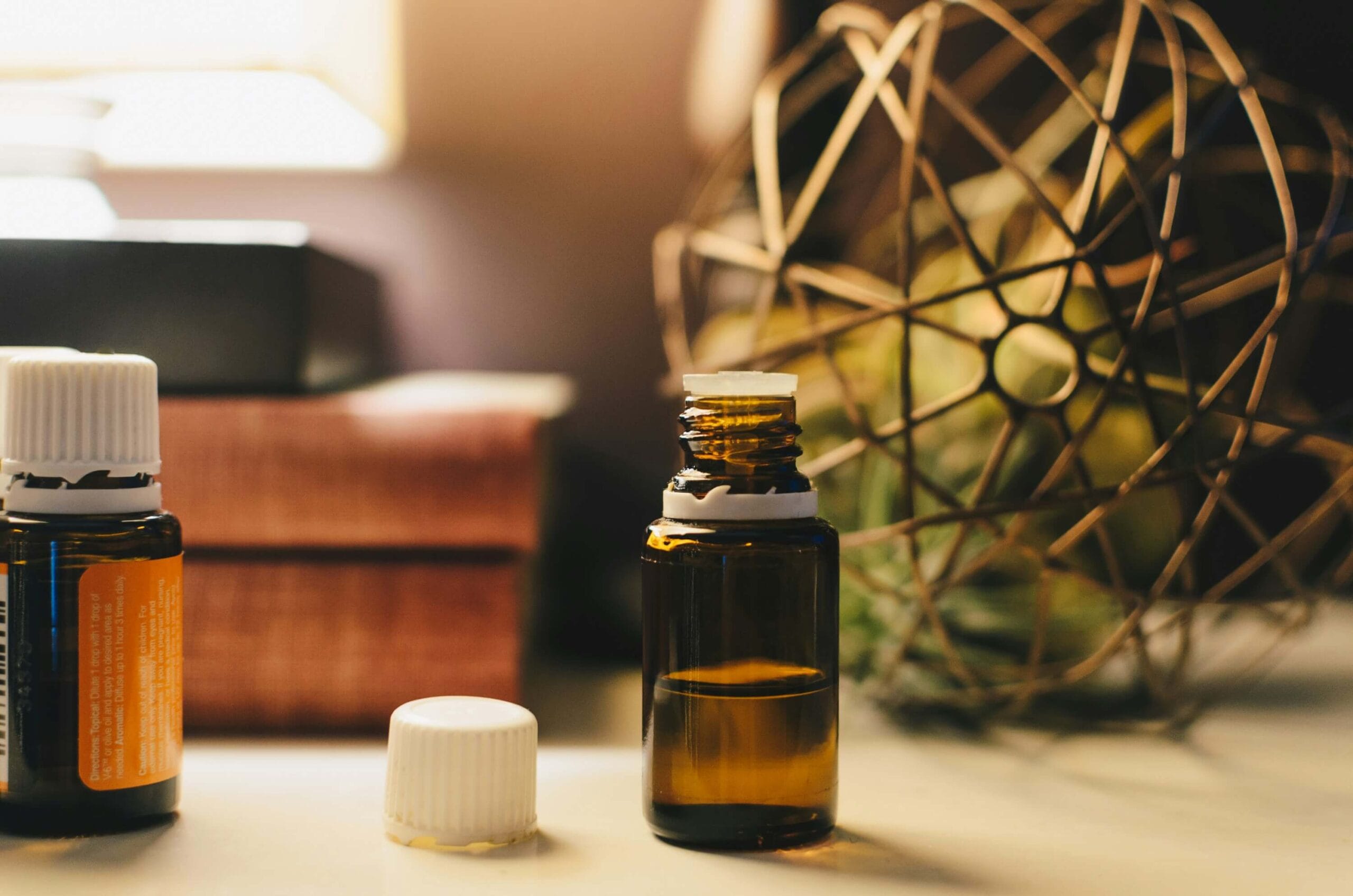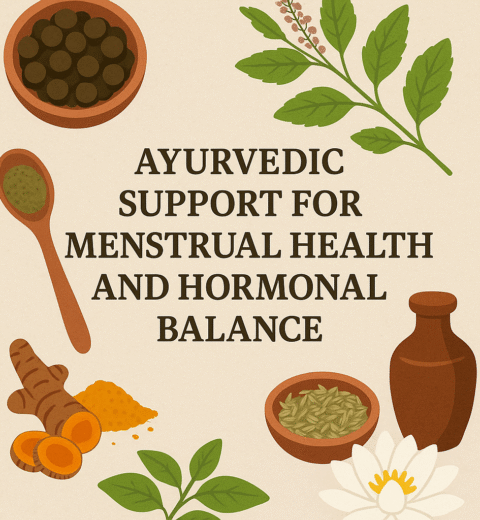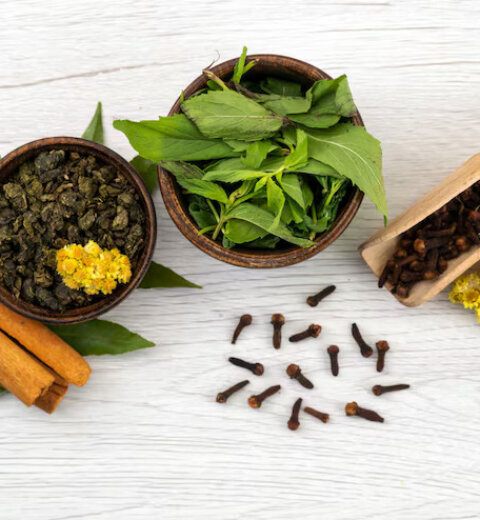Introduction to Herbal Medicine: A Time-Honored Tradition
Herbal medicine has been practiced for centuries, with roots tracing back to ancient civilizations across the globe. From the Ayurvedic texts of India to the traditional healing practices of Indigenous cultures, the use of plants as medicine is deeply ingrained in human history. Herbal remedies harness the healing properties of nature to promote wellness and treat various ailments, offering a holistic approach to health that considers the interconnectedness of mind, body, and spirit.
Understanding Herbal Remedies: Plants as Medicine
Plants contain a vast array of therapeutic compounds, including phytochemicals, vitamins, and minerals, which have been shown to have profound effects on human health. These natural substances can possess anti-inflammatory, antioxidant, antimicrobial, and analgesic properties, making them valuable allies in supporting overall well-being. Herbal remedies work synergistically with the body’s own healing mechanisms, addressing the root causes of imbalances rather than merely alleviating symptoms.
Popular Herbal Remedies and Their Benefits
Several herbs have gained popularity for their numerous health benefits and wide-ranging applications. Echinacea, for example, is renowned for its immune-boosting properties and is often used to prevent and treat colds and flu. Ginger is prized for its anti-nausea and anti-inflammatory effects, making it a staple remedy for digestive issues and muscle pain. Chamomile is celebrated for its calming properties, promoting relaxation and restful sleep.
Incorporating Herbal Remedies into Your Wellness Routine
Incorporating herbal remedies into your daily life can be simple and enjoyable. Brewing a cup of herbal tea is one of the easiest ways to experience the benefits of medicinal plants. Whether you prefer soothing chamomile tea before bed or invigorating peppermint tea after meals, there’s a herbal infusion to suit every taste and need. Additionally, herbal tinctures, capsules, and topical preparations offer convenient options for targeted therapeutic support.
Safety and Precautions When Using Herbal Remedies
While herbal remedies are generally considered safe when used appropriately, it’s essential to exercise caution and seek guidance from a qualified herbalist or healthcare provider, especially if you are pregnant, nursing, or taking medications. Some herbs may interact with certain medications or exacerbate pre-existing health conditions. It’s also crucial to source high-quality herbs from reputable suppliers to ensure purity and potency.
By incorporating herbal remedies into your wellness routine mindfully, you can tap into the healing power of nature and support your body’s innate ability to thrive. Remember to listen to your body, honor its needs, and approach herbal medicine with reverence and respect for the wisdom of the plants.





